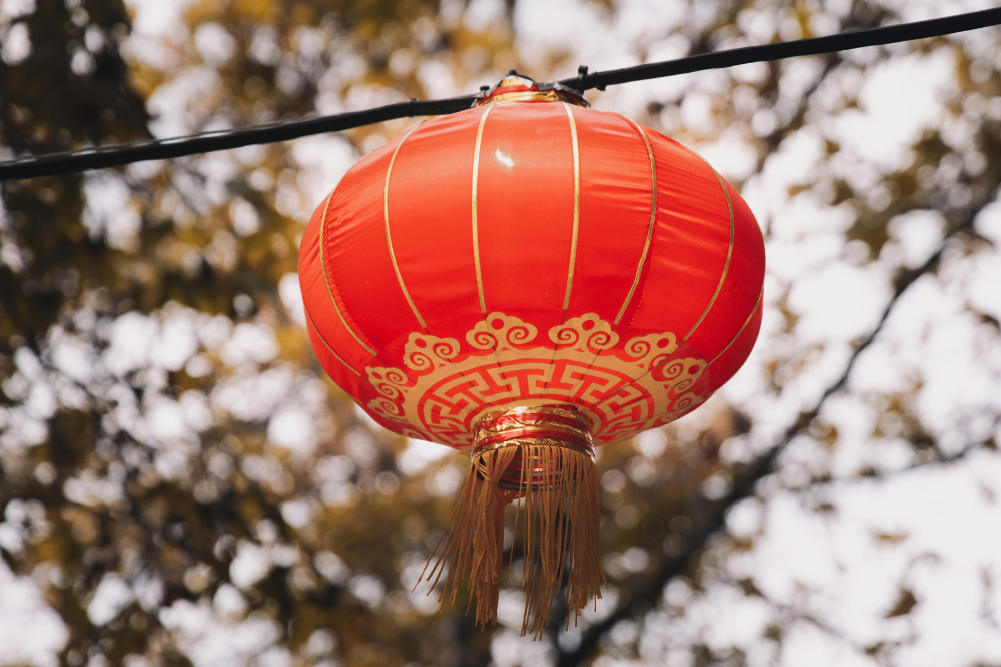The many benefits of Horny Goat Weed
Horny goat weed has a long history of traditional use. As a traditional aphrodisiac the name says it all, but this plant is far more complex and has greater benefits for health than its name suggests — for both men and women.
The legends tell that a Chinese goatherder noticed that his flock of goats had increased sexual activity after eating this plant, leading to the discovery of the plant’s aphrodisiac (sexually stimulating) properties and thereby leading to its common name. These days it has been called the natural “Viagra”.
In Asia, particularly in China (where it is called yin yang huo), it is highly revered for both the treatment and prevention of various conditions, as well as a general supplement for strengthening the body and reducing the effects of ageing. While it is often used alone it is also frequently combined with other herbs in traditional formulas. In Chinese medicine epimedium is considered to tonify the kidneys and invigorate the yang.
Epimedium is a low-growing, deciduous, perennial flowering plant that grows on cliffs and in shady, moist forests at high altitudes. There are about 52 species in this botanical family — the Berberidaceae — many of which have similar medicinal properties. Most of the species (43 in total) are endemic to Chinas with the others being found in Central Asia and Europe. Epimedium saggitatum, E. grandiflorum and E. koreanum are the common species used in Asian medicine.
Active ingredients
Epimedium is particularly rich in flavonoids, with ligans, phenolics and sequiterpenes, along with a range of other compounds including acids, alkaloids, aldehydes, etc. Most research has been conducted using the flavonoids (of which icariin is the most researched, along with epimedin). These display considerable bioactivity both in vivo and in vitro. The polysaccharides also play an important therapeutic role, as do the phytoestrogens.
Therapeutic uses of Horny Goat Weed
Cardiovascular
Horny goat weed has potent cardiovascular activity with multiple atherosclerotic-protective factors: it slows DNA damage, corrects endothelial dysfunction, inhibits proliferation and migration of smooth muscle cells (an important protection for atherosclerosis), reduces foam cell formation and reduces both platelet activation and inflammation, as well as regulating abnormal cholesterol metabolism.
Epimedium has also been shown to reduce hypertension, chronic heart disease and viral myocarditis.
Reproductive and hormonal
Men
Epimedium is a traditional aphrodisiac and is known for its multiple effects improving male potency. It has been shown to increase blood flow to the penis, enough to trigger an erection in men who have mild to moderate erectile dysfunction.
Icariin in epimedium acts in a similar way to Viagra, which blocks a protein-based enzyme linked with erectile dysfunction called phosphodiesterase type 5. This enzyme limits the increase in blood flow to the penis that is needed for an erection, so in men with erectile dysfunction inhibiting the enzyme can improve sexual ability. When compared to Viagra it is not as direct (therefore less immediately effective), although the effect improves over several weeks if taking it regularly.
In a clinical trial on 38 men, taking epimedium daily for 45 days was more effective in enhancing sexual satisfaction than Viagra.
In animal studies epimedium also demonstrated male hormone-like effects, improving the levels of testosterone and testicular growth, resulting in greater sperm density and increased sexual arousal.
Women
Epimedium extracts have phytoestrogenic activities, and research has shown the benefits in relieving menopausal symptoms and osteoporosis, and in the prevention of breast cancer. Epimedium has also been shown to relieve the symptoms of premenstrual syndrome.
Epimedium has been found effective in osteoporosis prevention. It improves bone remineralisation and bone remodelling, particularly in post-menopausal women.
In animal studies it has also been shown to slow down the breakdown of cartilage in the osteoporotic joints.
Neuroprotective
Epimedium has been shown to improve cognition and memory and to boost energy. The anti-inflammatory and antioxidant effects of icariin in the brain reduce various conditions associated with neurodegeneration. This activity, combined with its ability to improve neuronal energy metabolism and dopamine metabolism, has also shown promise in improving the symptoms of Parkinson’s disease.
Immunoprotective
Epimedium has broad spectrum activity in the immune system, enhancing the effects of humoral immunity, cellular immunity and non-specific immunity. It increases the activity of the thymus, critical in reducing infection and oxidation, and reduces inflammation. Epimedium strengthens the phagocytic activity of the macrophages, increasing the white cell count and lymphocyte activity. It also enhances natural killer cell activity and acts synergistically with the cytokine IL-2.
Using horny goat weed
The usual dose is 5g per day as a capsule, powder or tea, but check with your practitioner for any contraindications.
Epimedium is generally considered as safe in the recommended doses, but only take in recommended doses as excess doses may be toxic to the liver and kidneys. As this herb may reduce blood clotting, do not take before any surgical procedure. Avoid with bleeding disorders, low blood pressure or irregular heartbeats. Women who are pregnant or breastfeeding should avoid it.
Epimedium is contraindicated with blood-thinning medications or blood pressure medication.
While the use of this revered plant in Asian medicine has a long history of effective traditional use, much of the research today has been animal studies. While these are very promising, significantly more human clinical research needs to be done to support the traditional uses.
References available on request.








